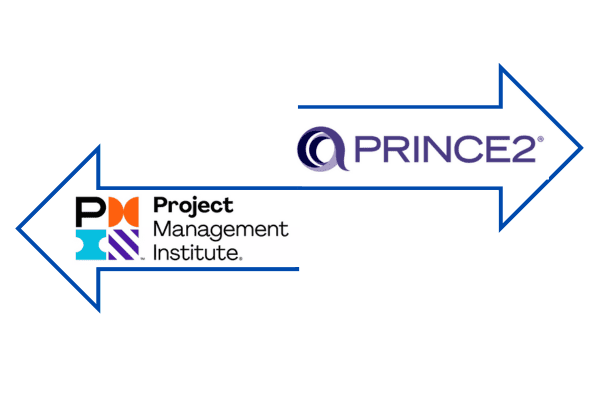I think it is really good news that the APM (Association for Project Management) now have a project management training course that takes into account previous PRINCE2® qualifications in a new exam to gain the APM PMQ qualification.
The only way to achieve the APM PMQ qualification up until the end of 2010 was to study the whole syllabus, which meant that qualified PRINCE2® practitioners had to be examined on topics that they had already studied in detail and been examined on for their PRINCE2® qualifications. Like many PRINCE2® practitioners I have, understandably, been reluctant to sit additional exams on topics that I had already been examined on.
And yet it seems logical that a combination of study, qualifications and practise in both the PRINCE2® methodology and the details of the APM PMQ BOK (Body of Knowledge) will give an added advantage to professional project managers over study for purely one qualification. PRINCE2® provides a good, solid foundation for project managers that is not specific to any type of project or business but when put into practise in the project environment it lacks detail, particularly for experienced project managers who are often expected to get involved in diverse aspects of a project such as budgeting, procurement, legal awareness and conflict resolution. We certainly need all the help we can get.
The new exam for project managers with an existing PRINCE2® qualification leads to the same APM PMQ qualification so this isn’t a “second-rate” APM PMQ qualification. It means that a project manager could gain both qualifications with roughly the same amount of studying as for the APM PMQ qualification alone. Of course, the costs may be higher but the benefit, in terms of two, rather than one, well-regarded professional qualification must surely be worth the extra cost. And aside from the personal benefit in terms of career development, a more rounded set of practical skills will be gained by studying different approaches which will help you to manage all aspects of your projects well.
Prince is a structured project management method that is easily transferable across industries and companies but is more of a framework for managing projects whereas the APM PMQ is based on a detailed knowledge of project management techniques and skills so, for a professional project manager each approach fills the gaps of the other. Together they are complementary qualifications that will enable more and more project managers to become better informed of standard industry best-practice approaches to successfully managing a project.
This has to be good for you, as a project manager, and good for your company. In shaky economic times, companies simply can’t afford to have projects that are badly managed and take up valuable time and resources without delivering on their promises.


